Spirituality focuses on what makes us human, the connection we share with each other, and the universe at large. A paper in ISRN Psychiatry reported that “a large volume of research shows that people who are more [religious/spiritual] have better mental health and adapt more quickly to health problems compared to those who are less” religious or spiritual. Being spiritual can mean many things, but it boils down to believing in a power greater than yourself.
At rehabilitation facilities like White House Recovery and Detox, various therapeutic and alternative treatments include elements of spirituality. For example, 12-Step facilitation (TSF) introduces the concept of accepting the need for a higher power to help you grow and heal during recovery. Most treatment programs for substance use disorder (SUD) are highly individualized and accommodate cultural or religious traditions.
Spirituality and the 12-Step Approach
A significant part of the 12-Step approach to recovery used in groups like alcoholics anonymous (AA) and narcotics anonymous (NA) involves accepting the existence of a higher power. The form it takes can vary from person to person. Some newer groups have changed the language to make the philosophy accessible to everyone regardless of personal beliefs. The Substance Abuse and Mental Health Services Administration (SAMHSA) published a report stating that “within some communities, recovery aligns with a particular religion, yet in other communities such as the AA fellowship, recovery is explicitly not religious but rather spiritual.” Inclusion, acceptance, and fellowship are hallmarks of 12-Step groups. Regardless of how you quantify a higher power, there remains significant evidence that belief plays a role in recovery for many people.
The National Institute on Drug Abuse (NIDA) has an excellent web page on 12-Step facilitation if you want to learn more about the different aspects of the 12-Step approach to recovery.
Health Benefits of Spirituality for Religious Individuals
The ISRN Psychiatry article mentioned above also reported that religion or spirituality “promotes better health behaviors. The behaviors are associated with less alcohol and drug use, less cigarette smoking, more physical activity and exercise, better diet, and safer sexual practices in the overwhelming majority of studies that have examined these relationships.” The health benefits can span a lifetime.
Substance Use and Misuse published content that stated, “analyses suggested that spirituality and religious practices suffered in complex ways during active addiction, but went ‘hand in hand’ with recovery.” Even if you found yourself feeling isolated from your religious peers before treatment, you have the opportunity to take advantage of the benefits, including:
- A supportive community of peers
- Spiritual or religious group events
- Supportive religious or spiritual leaders
The Benefits of Spirituality for Non-believers
Atheists, agnostics, and other individuals with no interest in religion or spirituality can still benefit from spiritual-based treatment and therapy. According to the Journal of Religion and Health, “research indicates that atheists and agnostics benefit from the support for a sober lifestyle in AA groups as equally as religious people.” The research paper goes on to state that “the vast majority of state-of-the-art substance abuse treatment and recovery programs in the USA include a key component that is spiritual but not necessarily religious.” A few benefits for non-believers who attend spiritual self-help groups include:
- Access to a supportive community
- A safe space to discuss circumstances
- Forgiving and compassionate members
How Spirituality and Mindfulness Affect the Brain
Many spiritual practices and traditions involve aspects of mindfulness. For example, praying, meditating, and attending church all encourage you to stay in the moment. According to Addictive Behaviors, “a growing body of research suggests that mindfulness-based therapies may be effective in treating a variety of disorders including stress, chronic pain, depression, and anxiety.” The specific effect on the brain differs from person to person and depends on a large number of factors, including:
- Your history with religion or spirituality
- Personal beliefs
- The beliefs of close friends and family members
- The religion or spiritual philosophy
Incorporating aspects of religion or spirituality into your recovery comes with many benefits, including accountability and motivation for relapse prevention. The risk of developing a mental health disorder also decreases for a large percentage of individuals who seek relief from a spiritual or religious source.
Spirituality and Peer Support
Spiritual and religious groups often have regular fellowship meetings where members get together to share and receive support. Most churches and unaffiliated congregations have self-help groups for various mental health or substance use disorders. Pastors or other spiritual leaders often fill the role of informal counselor for anyone in need of individual support. You can take advantage of peer support regardless of your personal beliefs.
Spirituality can give you a supportive community where you can share your success and struggles with compassionate individuals who share your worldview. In addition, groups like Alcoholics Anonymous that follow a 12-Step philosophy do not require you to have any specific beliefs to still enjoy the health benefits of attending their meetings. Your recovery can include any aspects of spirituality that you find meaningful. No matter where you are in your recovery journey, it can be helpful to find self-help groups and advocacy organizations that can provide you with further resources. Most communities have alternative religious or spiritual support groups for individuals struggling with substance use or mental health disorders. Part of the treatment we offer at White House Recovery and Detox includes 12-Step facilitation, which provides more information about how you can benefit from their philosophy, including relying on a higher power. Learn more by calling us today at (800) 510-5393.


